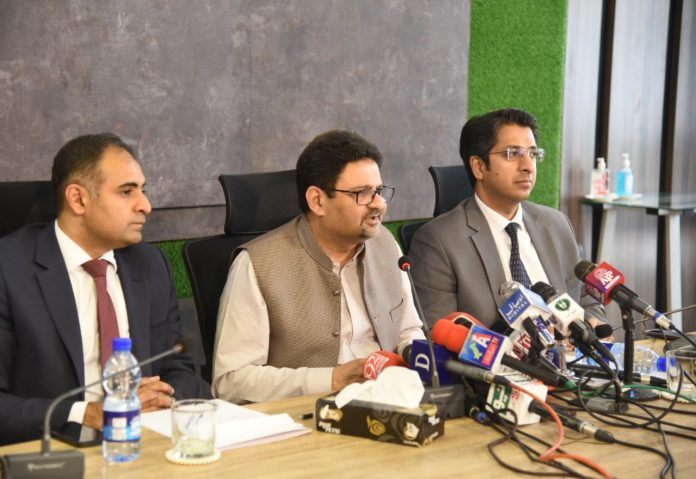
Pakistan on Thursday announced lifting the ban imposed on imports in order to meet the final requirement of the International Monetary Fund (IMF) and also disclosed details of a Rs50 billion mini-budget to neutralise the adverse impact of tax concession for traders and fund the Pakistan State Oil (PSO).
The decision to lift the ban was announced by Finance Minister Miftah Ismail, a day after Prime Minister Shehbaz Sharif had again refused to allow the import of 33 categories of banned items, covering 860 tariff lines.
The finance minister said the PM was not willing to lift the ban, but the country did not have a choice except complying with the IMF’s requirements.
“Before the August 29 board meeting to approve Pakistan’s loan request, the IMF had sought clarity about the timeframe to end import restrictions so we have decided to lift the ban,” the finance minister said while addressing a news conference.
Miftah said despite removing the three-month old ban, it would be virtually impossible to import these luxury and non-essential goods, as the government was going to impose regulatory and customs duties in the range of 300% to 600% on them.
The minister also announced further increasing taxes on cigarettes by 11% and on green leaf by 3,700% to raise Rs36 billion in revenue to pay for the shortfall arising due to tax concessions being announced for the traders.
Miftah maintained the purpose of enhancing imports duties was not raising additional revenues.
However, he added that the government would earn Rs14 billion from import duties, bringing the total revenue impact of the mini-budget to Rs50 billion.
The finance minister further said some of the under-consideration tax relief and revenue measures had been deferred for the time being and the matter would be taken up again.
The Express Tribune had reported on Wednesday that the government was planning to provide tax relief in two phases aimed at avoiding the IMF scrutiny at this stage.
On May 19, the government had imposed a ban on 33 categories of the goods covering 860 tariff lines, in addition to imposing quota restrictions on the import of cars, cellular phones and home appliances.
The minister said the decision had helped to contain the imports, as the trade deficit had so far shrunk by 30% during the current fiscal year.
Miftah informed the media that he was going to impose up to 600% duties and taxes on cars, making it impossible to import vehicles.
However, a senior official of the Federal Board of Revenue (FBR) said imposing 600% duties might not be possible because of the limitations under the Customs Act and the international agreements that Pakistan had signed.
The finance minister said in some cases, the regulatory duties would be in the range of 400% to 600% because the country did not have foreign exchange to spend on items, including Mercedes cars.
The duties would be increased on completely built-up (CBU) cars and appliances; imported meat and salmon; and other luxury items.
A day earlier, IMF Resident Representative Eshter Perez had said that the global lender had convened a board meeting on August 29 to consider Pakistan’s request for the approval of the 7th and 8th reviews of the loan programme.
Read IMF shares LoI with govt to seal loan deal
The finance minister, while pointing out the pilferages in imports through the customs green channel, noted that the truth was that despite the ban for the last three months, people could still find salmon and sushi in restaurants in Karachi and Islamabad.
He emphasised that there would be no restrictions on industrialists, who were importing machinery to manufacture items for export, or on the import of spare parts in small quantities.
The minister added that a Rs30 billion supplementary grant given to the PSO would also be financed through additional taxation.
The government had aimed to collect Rs42 billion through taxes on the traders but now the estimates have been lowered to Rs27 billion after changes in tax rates, Miftah said.
He elaborated that the sales tax rate of 5% and the income tax rate of 7.5% under the old regime for the traders would remain in force till September 30.
After three months, these rates would remain unchanged for the traders consuming up to 50 units of electricity but the general sales tax (GST) would go up to 12.5% and income tax 20% for those consuming above 50 units to over 1,000 units, he added.
The minister explained that to cover the revenue shortfall, the government was going to impose Rs36 billion in taxes on the tobacco sector.
The current tax of Rs1,850 per 1,000 cigarettes on less expensive brands would be increased to Rs2,050 – a surge of 11%.
Cumulatively, the tax rates on this category would increase by 24.2% since June this year.
Similarly, for expensive brands, the federal excise duty rate would rise from Rs5,900 per 1,000 cigarettes to Rs6,500 – an increase of 10.1%.
The taxes on this category of expensive cigarettes would be increased by 25% from June this year.
Miftah said the Rs10 per kilo tax on green leaf was being increased to Rs380 per kilo to raise additional revenues.
He maintained that this levy would not burden the farmers, as it would be adjustable against the taxes paid by the tobacco manufacturers.
The minister said the GST on gas would be removed through an upcoming ordinance to the extent of a subsidised amount to meet a loan condition by the World Bank.
Miftah said initially there were apprehensions that the IMF might delay the board meeting but the global lender’s announcement of calling the huddle on August 29 had addressed this issue.
He added that Saudi Arabia, Qatar and the United Arab Emirates had given assurances to the IMF to provide additional $4 billion in funding to Pakistan.
The minister said the UAE had already announced it would invest $1 billion in the country.
Miftah elaborated that the IMF wanted Pakistan to increase its foreign exchange reserves to $16.5 billion by the end of this fiscal year, creating a gap of $4 billion that was now filled by seeking assurance from the three countries.
The State Bank of Pakistan on Thursday reported that its reserves stood at $7.8 billion.







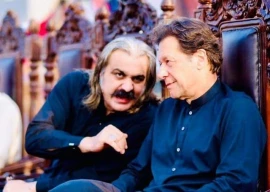




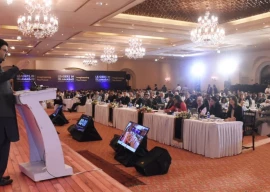
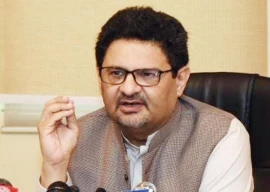
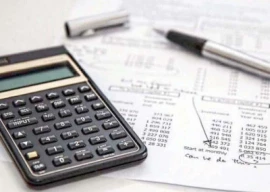







COMMENTS (5)
Comments are moderated and generally will be posted if they are on-topic and not abusive.
For more information, please see our Comments FAQ